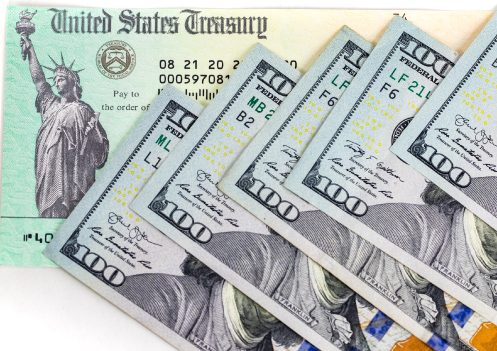When it comes to financial fears, debt is the ultimate four letter word. Whether you have credit card debt, or student loan debt, or want to buy a home or a car that you will finance, you’re dealing with debt. Or more to the point, it’s probably throwing you for a loop. Debt is the major stress point in every household that I’ve worked with.
Here’s how to conquer your debt fears and take control of your financial life.
1. Existing debt: Categorize and Strategize. List all your existing debts, from student loans to the $2,000 your uncle came through with when you didn’t have the security deposit for your new home. You must do everything to pay at least the minimum due on every debt. As long as you’re on target with that, your next job is to pay more than the minimum on the debt that has the highest interest rate. Once that debt is paid off, focus on speeding up repayment on the next debt with the highest interest charge.
2. Free up more money to pay off debts. My Expense Tracker will create a detailed report of where you are spending money today. Once you’ve input all your data, you can start to see opportunities for nips, tucks and maybe some very big cuts. When I walk through this exercise with people it is amazing how we can often find $250 to $500 or more a month in spending cuts. That’s a lot of money to put toward repaying debts.
3. Borrow smart. What a mortgage lender tells you that you are eligible to borrow is irrelevant. That mortgage lender knows absolutely nothing about whether you are on track with your retirement savings, or if you want to be able to help pay for a child’s college education. Smart home buying starts with carefully setting a budget that will land you a home that meets your needs and is within your means. And if you plan on financing a car purchase, please don’t be suckered in to a loan that lasts more than 36 months. Cars are depreciating assets. There is no way you will ever trade or sell a car for more than you paid for it. With that in mind, your goal should be to borrow the least amount, for the least amount of time.
Top Resources for You

The Ultimate Retirement
Guide for 50+
Learn More

MUST HAVE® Documents
Online Program
Learn More






